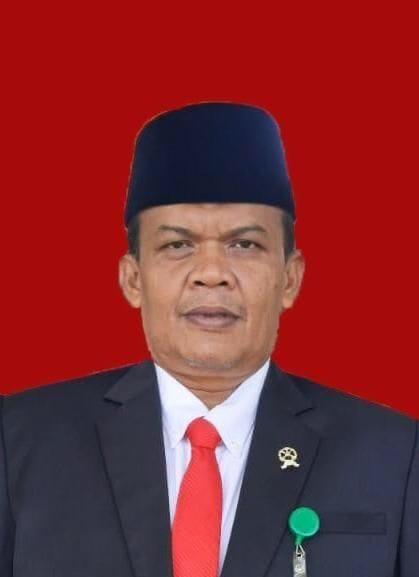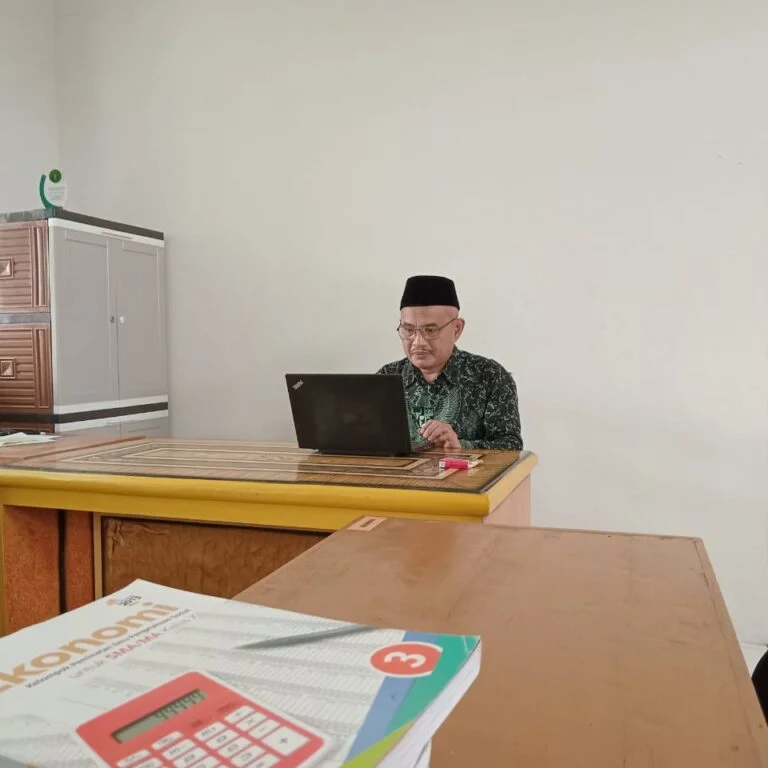Oleh: Bolly Azi
POJOKPUBLIK.ID – President Joko Widodo once stated during a tax amnesty socialization event in Makassar on November 25, 2016, that there were approximately 11,000 trillion Indonesian rupiah of funds from Indonesian citizens parked overseas. Singapore was one of the favorite countries for Indonesians to store their assets. Bambang Brojonegoro, the former Minister of Finance, mentioned through liputan6.com media that according to McKinsey’s report, there were about 4,000 trillion Indonesian rupiah worth of Indonesian assets parked in Singapore. This amount consisted of 2,000 trillion rupiah in liquid form or equivalent to cash, and the remaining 2,000 trillion rupiah in the form of fixed assets such as offices, condominiums, and others.
Through the tax amnesty program in 2016, the government had high hopes for a capital inflow from the funds parked overseas. The aim was to increase the circulation of money and investments in Indonesia, which would serve as a multiplier effect for Indonesia’s economic resurgence. However, according to data from the Ministry of Finance, the target repatriation of 1,000 trillion rupiah through the amnesty program resulted in only 147 trillion rupiah, while the rest, amounting to 1,031 trillion rupiah, came through offshore declarations. The same goes for the Voluntary Disclosure Program, often referred to as the second phase of the tax amnesty, which ended on June 30, 2022. It only yielded 16.06 trillion rupiah in offshore repatriation and 59.91 trillion rupiah in offshore declarations.
Both the first and second phases of the tax amnesty program were optional, so the government could not force its citizens to participate. Despite the clear threat of imposing taxes and the heavy sanctions for undisclosed assets under the amnesty program, the government respected the citizens’ decision.
The significant gap between the data on assets parked overseas and the disclosed assets poses a major challenge and provides fresh ammunition for the Directorate General of Taxes to pursue tax evaders who continue to hide their wealth. With the transparency of information, data integration, and ongoing exchange of information (EOI) agreements between countries, this institution will find it easier to bridge that gap.
Letting Go of Dividend Tax to Move the Wheel of the Economy
The government continues to devise strategies to pursue funds potentially parked overseas, but this time through a different approach. Through the Omnibus Law on Job Creation, the government made bold changes by eliminating one source of income tax revenue, namely the tax on dividends received by individual residents. Previously, this tax was imposed at a rate of 10% on the received dividends, but now it has been waived by classifying it as non-taxable income. However, the condition is that the individuals must invest the dividend funds in Indonesia for a period of 3 years, using various financial instruments or other forms of investment.
How much potential tax revenue is lost? 10% of the dividends received by each individual is a significant amount. However, the government has surely calculated its cost and benefit. The state forgives such a large amount of dividend tax, but the multiplier effect from investing the dividends in Indonesia for 3 years is much greater. The parked funds will increase domestic investment and stimulate the economy, ultimately leading to higher tax revenues.
For illustration purposes, let’s say someone receives dividends amounting to 1 billion rupiah. The potential lost tax would be 100 million rupiah. If the 1 billion rupiah is deposited for 3 years, the received deposit interest will be subject to a 20% tax. The bank then channels the funds to entrepreneurs, who will earn profits subject to a 22% corporate income tax. The entrepreneurs will then operate their businesses and generate income, which will also be subject to a 22% corporate income tax. The suppliers/vendors of these entrepreneurs will also generate profits, which will be subject to tax.
Every production and distribution chain will also create job opportunities to employees, and the employees will also be subject to income tax. Additionally, there is a value-added tax (VAT) of 11% on every product and service produced through this economic cycle. And there are many other multiplier effects that haven’t been depicted in this illustration. The question is, what if the 1 billion rupiah remains parked overseas? How much opportunity cost would be sacrificed?
This regulation came into effect on November 2, 2020, during a time of high pandemic prevalence, and it greatly contributed to the recovery of the economy at that time. Now, its multiplier effect will be more strongly felt as the economy begins to rebound and the amount of funds parked in Indonesia increases each year. The circulation of Indonesian citizens’ money continues to drive the economy, reducing Indonesia’s dependence on foreign investors and foreign debt. Moreover, the tax revenues from this multiplier effect also continue to grow. The circulation of money and tax revenues go hand in hand, maintaining Indonesia’s economic stability.
What if investors fail to fulfill their promise to invest their dividends in Indonesia for 3 years? In the era of information transparency and big data, reinforced by the new core tax system, tax authorities will have stricter oversight of taxpayers. This will provide a reason for investors to think twice before reneging on their commitments. The tax authorities are not afraid of losing potential dividend tax revenue because they can still demand it, along with interest penalties, if investors fail to fulfill their obligations.
The battle referred to here is not a battle between tax institutions and taxpayers, but rather a collaborative battle between tax institutions and taxpayers to combat the real enemies: the threat of recession and global economic volatility filled with uncertainties. They must continue to work together to win this battle, ensuring economic stability and seizing the opportunity to rise and achieve the nation’s aspiration of becoming one of the world’s top five economic powers by the time Indonesia celebrates its 100th anniversary of independence.













